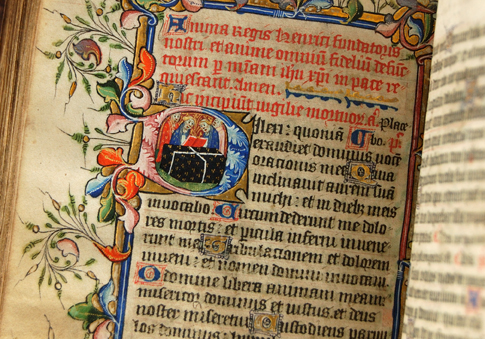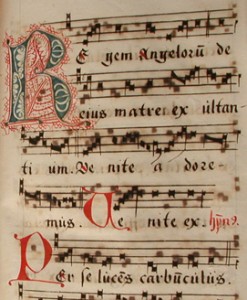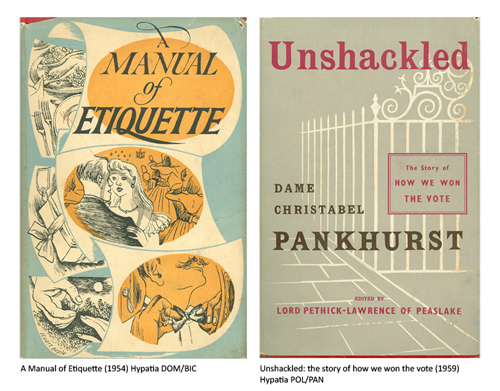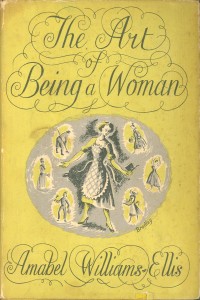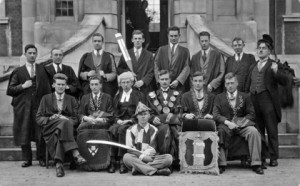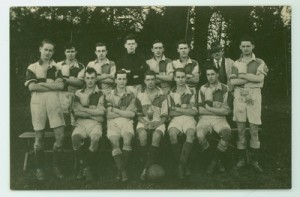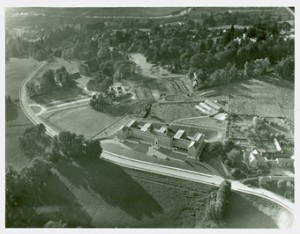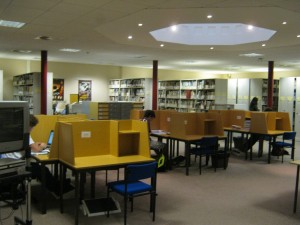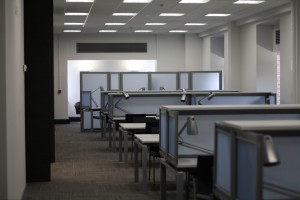The Summer term is nearly upon us which does, inevitably, mean revision. Good luck to all of you who are taking exams in the coming weeks. Here’s our guide to getting the most out of Library spaces and resources and – most importantly – looking after yourselves during this stressful time.
Quiet Spaces where you can study

The Main Reading Room in Research Commons is a haven for focused quiet study
We understand the importance finding a quiet space to study on campus, which is why :
- The overall number of study spaces in the Forum Library has been permanently increased as of April 2013
- Forum Seminar Rooms on Levels 0 and +1 will become drop in study rooms accessible through the Library from Sunday 28th April – Sunday 2nd June (inclusive)
- Forum Library group work rooms will become quieter revision spaces for the duration of the exam period
- Year round designated silent study rooms are available on all 3 floors of the Forum Library, as well as in Research Commons, St Luke’s Library and in the Amory Study Centre.
- The availability of the Interview Rooms in the Student Services Centre is extended during the exam period with Rooms 3, 4, 5 and 7 available as drop-in study spaces from 8am – 9pm, Monday – Friday, and additional rooms (1 – 8) available on a drop-in basis 5pm – 9pm on weekdays and 10am – 9pm on Saturdays and Sundays.
Studying late? Work smart and stay safe!

Quiet Study Room in the Forum Library Learning Hub (Level -1)
If you plan on studying long into the night then you can do so safely:
- The Forum Library is open 24/7 (swipe access after 9pm on week days and 6pm at the weekend)
- St Luke’s Library has a swipe-accessible 24/7 study room on the 1st floor
- Amory Study Centre (currently open until 9.30PM daily) will stay open until Midnight during exam time (Sunday 21st April – Sunday 2nd June).
But if you are staying late then do look after yourselves. Please take note of the following tips:
- You’ll retain more information if you take regular short breaks between your revision sessions
- Don’t forget to eat and drink: vending machines are available in all our Libraries
- Even in a heated environment you can get cold if you are sitting still for long periods: free blankets are available from the Library reception desk, just ask if you’d like one.
- Consider your safety if you need to leave the Library during the night: always walk home with a friend if possible, or if not call a taxi. Try to make sure one of your friends or housemates knows where you are and what time you are heading home.
- The Library is a public space, never leave valuables unattended. Storage lockers and laptop charging lockers are available in the Forum (you can borrow keys through Express Collections); please store your belongings safely in these while you take a break.
Study skills and managing stress
It’s normal to feel nervous when facing an exam, and a certain amount of anxiety can inspire you to a better performance, but it’s important not to let anxiety overcome you. The University Wellbeing Team offer some useful tips on their webpages for how to keep calm and manage stress during exams that may be useful.
Here in the Library we also have a number of resources available to help you prepare for your exams. Why not consult one of the following titles, just a selection from the many we have available:

The Exam Skills Handbook by Stella Cottrell
Find it in the Forum Library or St Luke’s Library at classmark 371.26 COT

Essential Study Skills: The Complete Guide to Success at University by Tom Burns and Sandra Sinfield
Find it in the Forum Library Reference Section at 029.6 BUR or loanable copies at St Luke’s Library classmark 378.170281 BUR

The Student’s Guide to Exam Success by Eileen Tracy
Find it in the Forum Library or St Luke’s Library at Classmark: 378.17028 TRA

Passing exams without anxiety : how to get organised, be prepared and feel confident of success by David Acres
Find it in the Forum Library Reference Section at 026.6 ACR or at St Luke’s Library Classmark 371.30281 ACR
 am campus.
am campus.



